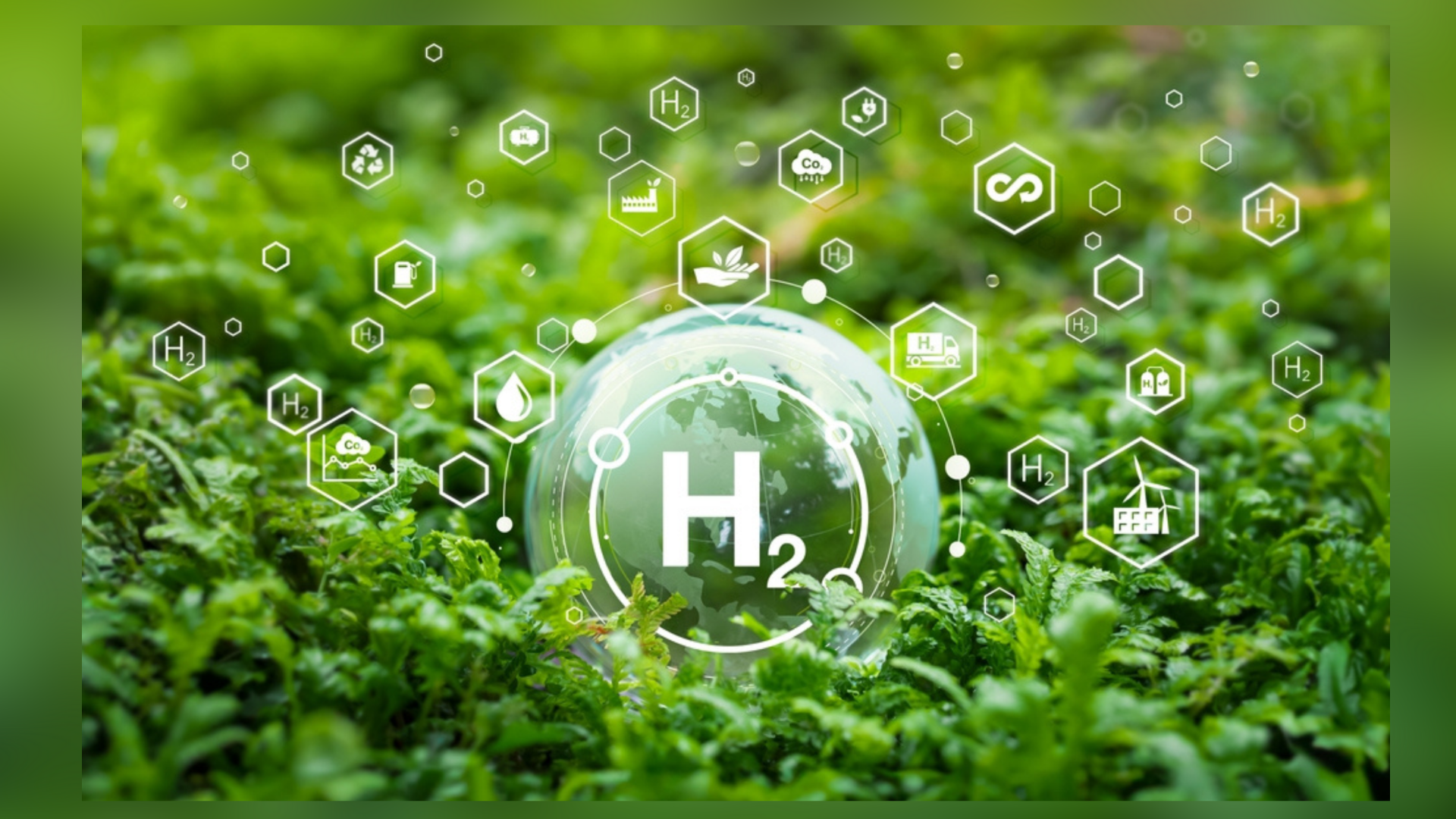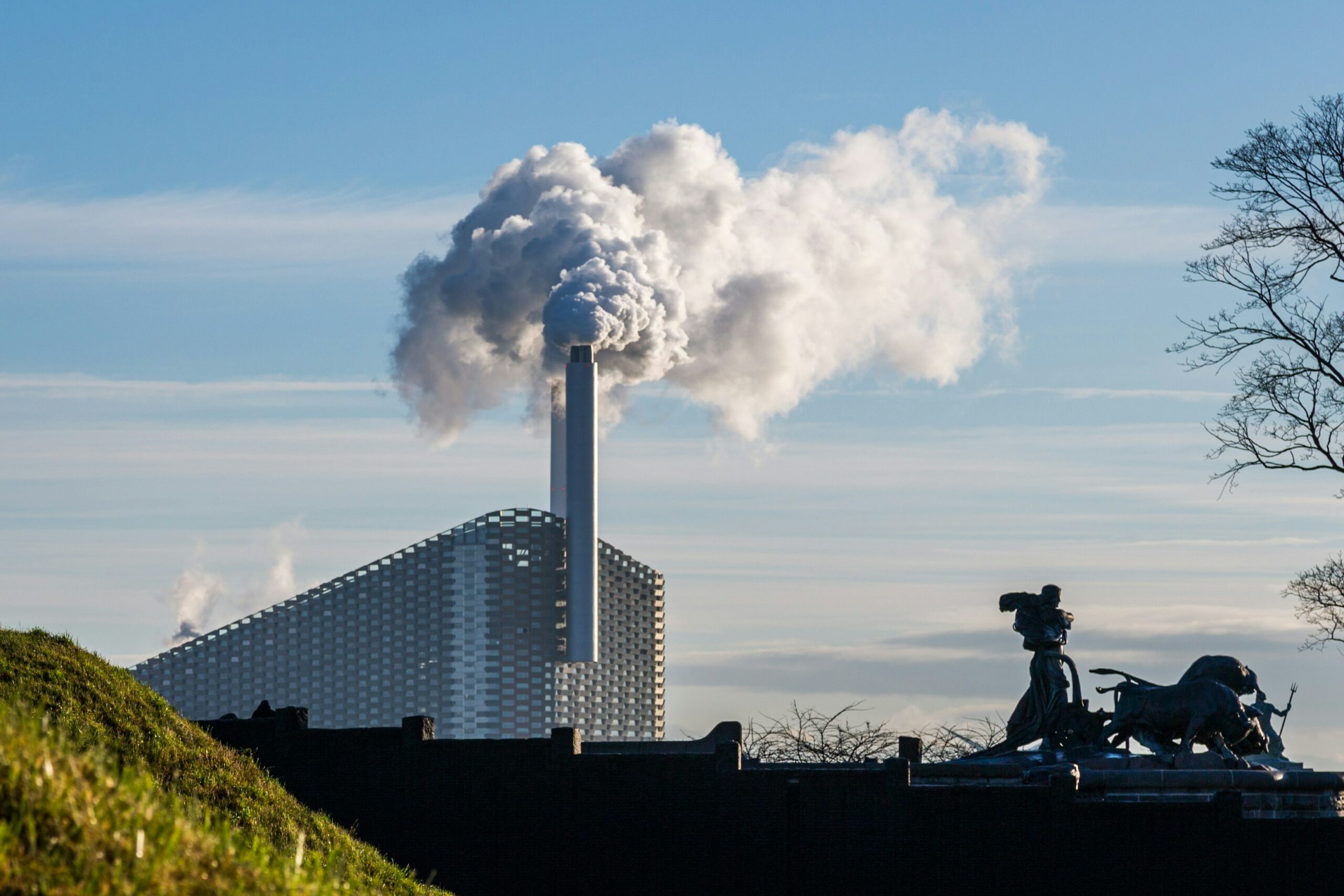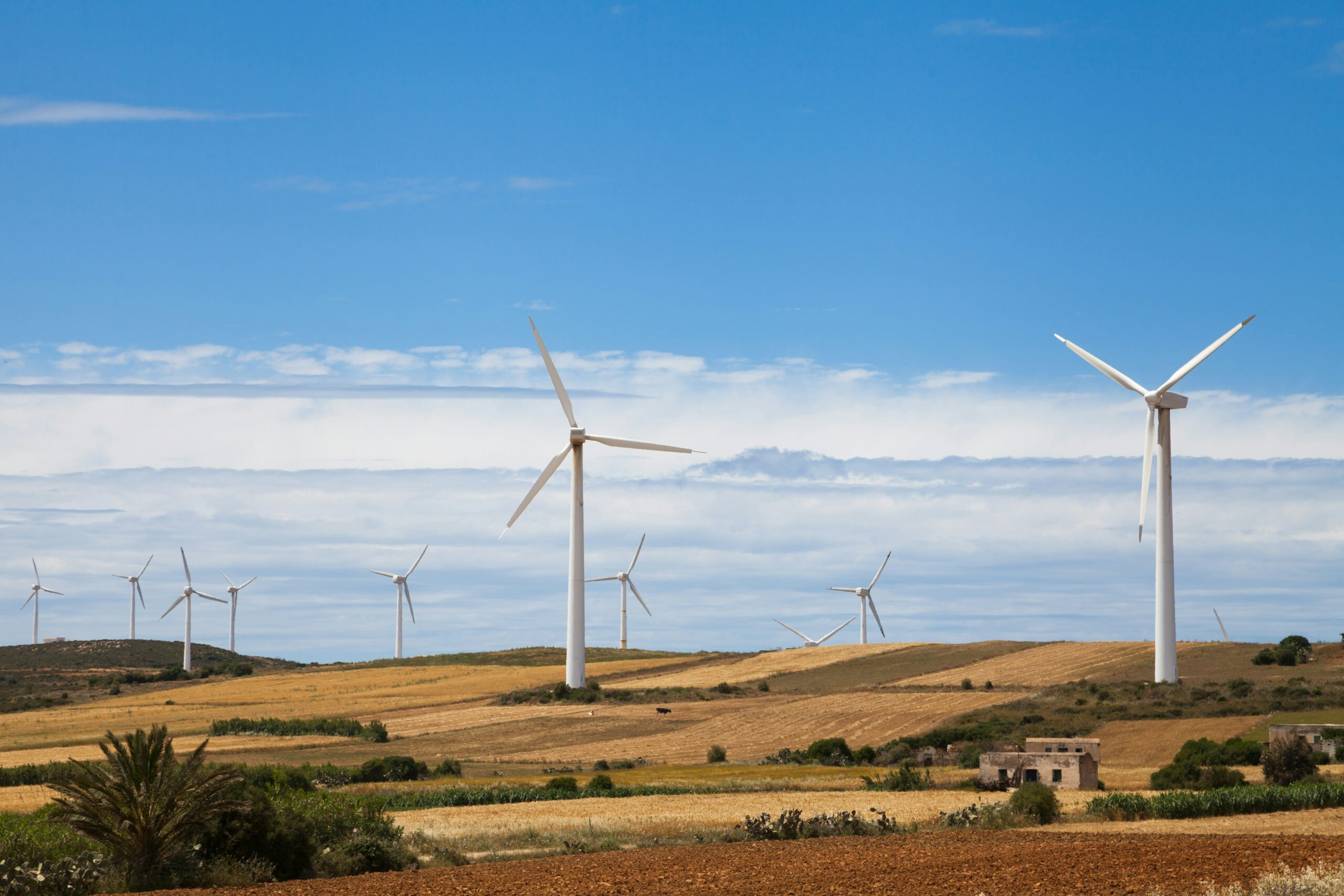Insider Brief:
- Plagazi will fund the Gävle Circular Park to convert non-recyclable materials into sustainable hydrogen, and other byproducts.
- The company will also capture the CO2 generated in the plasma gasification process.
- CEO Soran Shwan hopes the fund will attract more private funding.
Swedish startup Plagazi has been awarded €29.5 million from the EU Innovation Fund to transform non-recyclable waste into circular hydrogen and captured CO2.
Plagazi was one of 85 projects among 337 applications chosen by the EU Innovation Fund in October 2024.

“This non-dilutive funding agreement will be a great asset to attract private funding now,” CEO Soran Shwan said.
The funding will be put towards the Gävle Circular Park to convert non-recyclable materials such as wind turbine blades, plastics, automotive residues, and hazardous materials into sustainable hydrogen, using plasma gasification. The gasification technology is provided by InEnTec.
Plagazi will also capture the CO2 generated in the process.
Plagazi aims to process up to 22,000 tons of waste annually, to generate up to 4,000 tons of sustainable hydrogen. Other byproducts include usable heat, vitrified slag, and metals. This will avoid carbon emissions substantially from fossil-fuel generated hydrogen.
The pilot plant is expected to begin operations in May 2028.
“We are proud that the EU has now put us on the map among other low-carbon hydrogen projects in Europe and that there is growing recognition that technology openness is the right approach to promote a strong climate tech sector in Europe,” Shwan said.








